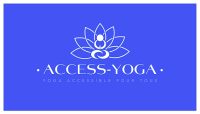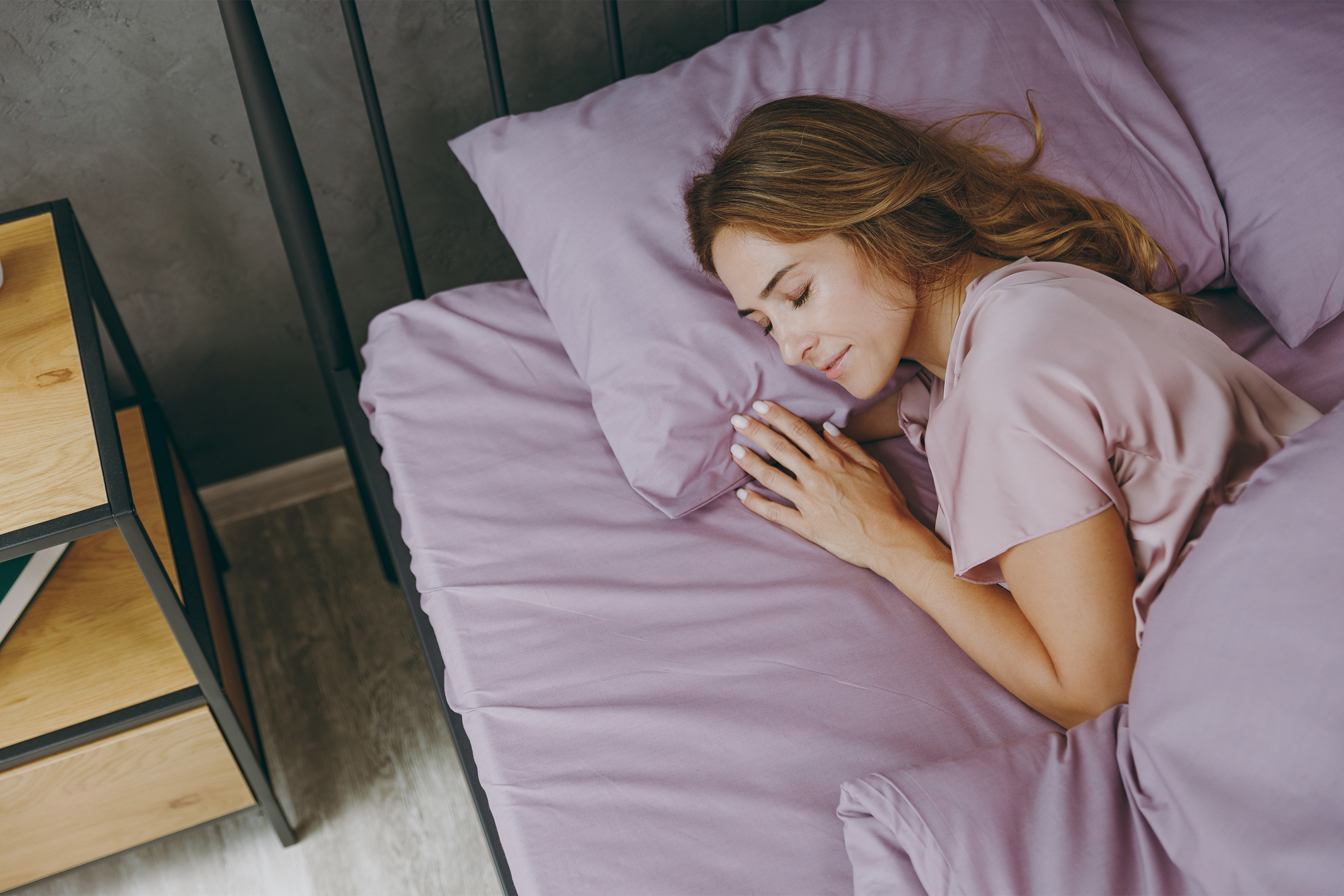Nowadays, it’s more and more common to hear about stress management, balancing our activities, taking care of ourselves, and learning to let the rhythm of life carry us. Did you know that to move towards this sweet spot in life, we must manage to keep our resilience alive? Resilience – this dynamic phenomenon of equilibrium which leads us, like balancing the scales, to let ourselves be carried away by an event that destabilizes us, and to gradually regain our stability after having experienced an ordeal? Resilience, a person’s ability to adapt to the challenges, stresses and adversities of life, could also be described as a boat that lets itself be carried by the current of the waves, or also like a tumbler – this traditional children’s toy, whose rounded base is weighted so that even if the toy is hit or knocked over, it always stands up and returns to a vertical position while oscillating. It’s this capacity that allows us to face life’s events, and to emerge from them strengthened rather than destroyed. Resilience is a word that has been on our lips more often since COVID; this ability that has greatly helped us get through the pandemic, accepting the unacceptable, as the wind blows.
But to maintain this capacity for resilience, to nurture it, different pillars must be in place. Pillar #1, the crucial pillar of resilience, is sleep. When sleep is reduced, the hours shortened, or when sleep is interrupted by night awakenings, our ability to cope with life’s surprises becomes more rigid, anxiety-provoking, we’re less able to ride the waves, and we tend to rather flow with these instead.
Despite sleep being a crucial pillar, according to the Government of Canada, many adults experience insufficient sleep: in fact, 1 in 2 adults have difficulty falling asleep or staying asleep, 1 in 5 adults judge that their sleep is not restorative, and 1 in 3 adults have difficulty staying awake during waking hours. Current data recommends that adults ages 18 to 64 get 7 to 9 hours of sleep per night, and adults over 65 get 7 to 8 hours of sleep per night. It therefore becomes crucial to focus on the impact of sleep on our health and well-being, as well as the strategies to put in place to promote sleep.
Impact of Sleep
Research agrees that sleep has a significant impact on our health and well-being by encouraging:
1- Physical and mental recovery: quality sleep allows the body and mind to recover after a stressful day. It promotes tissue regeneration, strengthens the immune system and allows the brain to process information and emotions. A good night’s sleep helps reduce physical and mental fatigue, which can improve the ability to cope with difficulties.
2- Stress management: quality sleep can help regulate stress levels. When you’re well rested, you’re better prepared to deal with stressful situations. A lack of sleep, on the other hand, can increase vulnerability to stress and make it more difficult to manage life’s challenges.
3- Decision making and problem solving: sleep influences mental clarity, concentration and the ability to make informed decisions. Poor sleep quality can impair these skills, which can make it more difficult to problem-solve and make important decisions during times of stress.
4- Emotional regulation: sleep has an impact on the regulation of emotions. Insufficient sleep can lead to increased irritability, emotional sensitivity, and heightened emotional reactivity, which can make it more difficult to manage emotions in a crisis situation.
5- Strengthening self-confidence: good quality sleep can contribute to better self-esteem and greater confidence in one’s ability to face challenges. A person who gets enough sleep generally feels better able to manage their daily lives and is more resilient.
Recommendations to promote better sleep
Implementing good sleep hygiene can help make it easier to fall asleep, maintain continuous sleep, and promote restful sleep. Different strategies can help you sleep better – all you have to do is try them to figure out which ones have a positive impact on your sleep, and then modify your daily routine.
Regularity
• Go to bed and get up at regular times, even on weekends. The body will encode more easily when it must prepare for sleep, and when it must be awake.
Eating
• Adopt a healthy and light diet.
• Avoid caffeine after dinner. Did you know that the half-life of coffee (i.e. the time when 50% of the caffeine remains in the body) has an average duration of 5 hours to 7 hours (which can even go up to 10 hours in some people)?
• Avoid alcohol and nicotine before going to bed.
Reduce Screen Time
• Reduce screen time at least 1 hour before bed. The blue light produced by screens prevents the production of melatonin, a hormone that tells the brain that it’s time to sleep.
Engage in Physical Activity
• Exercise regularly, at least 30 minutes a day.
• Adopt relaxation techniques and stress reduction techniques based on mindfulness, meditation and yoga.
Make your bedroom a calm and comfortable place
• Reduce noise in the sleeping environment.
• Bring darkness into your room to promote melatonin production: remove night lights, turn off your cell phones, install opaque curtains on the windows.
• Maintain a cool, well-ventilated temperature in the bedroom; being too hot slows down the process of falling asleep and encourages numerous micro-awakenings during the night.
• Dress your bed to meet your needs. Do you like lightness? Use a small sheet and a light warm blanket. On the other hand, do you like being wrapped up, swaddled, cuddled, feeling weight on you? Here, add a thick duvet, a catalog, or even a heavy blanket/weighted blanket for a comforting effect. It is scientifically recognized that the pressure exerted by weight on the body facilitates stress management and promotes restful sleep.
Minimize naps
• Limit naps to 30 minutes.
Check your medications
• Review your medications regularly with your pharmacist or doctor to find out the impact on your sleep.
So, what strategy should you use to start taking charge of your sleep, to help you cultivate resilience in your life every day?
Namasté!

Audrey Laroche Gagner
Occupational therapist, yoga teacher and owner of ACCESS-YOGA
Website : www.access-yoga.ca
Facebook : Access-Yoga
Instagram : Access_yoga_


Leave A Comment